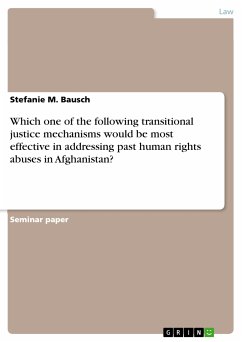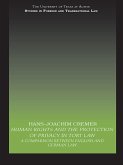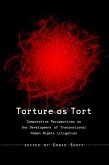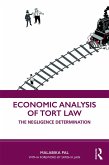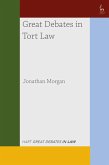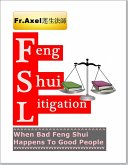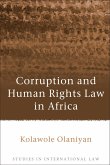Advancing a bold theory of the relevance of tort law in the fight against human rights abuses, celebrated US law professor George Fletcher here challenges the community of international lawyers to think again about how they can use the Alien Tort Statute. Beginning with an historical analysis Fletcher shows how tort and criminal law originally evolved to deal with similar problems, how tort came to be seen as primarily concerned with negligence and how the Alien Tort Statute has helped establish the importance of tort law in international cases. In a series of cases starting with Filartiga and culminating most recently in Sosa, Fletcher shows how torture cases led to the reawakening of the Alien Tort Statute, changing US law and giving legal practitioners a tool with which to assist victims of torture and other extreme human rights abuses. This leads to an examination of Agent Orange and the possible commission of war crimes in the course of its utilisation, and the theory of liability for aiding and abetting the US military and other military forces when they commit war crimes. The book concludes by looking at the cutting-edge cases in this area, particularly those involving liability for funding terrorism, and the remedies available, particularly the potential offered by the compensation chamber in the International Criminal Court.
Bitte wählen Sie Ihr Anliegen aus.
Rechnungen
Retourenschein anfordern
Bestellstatus
Storno



